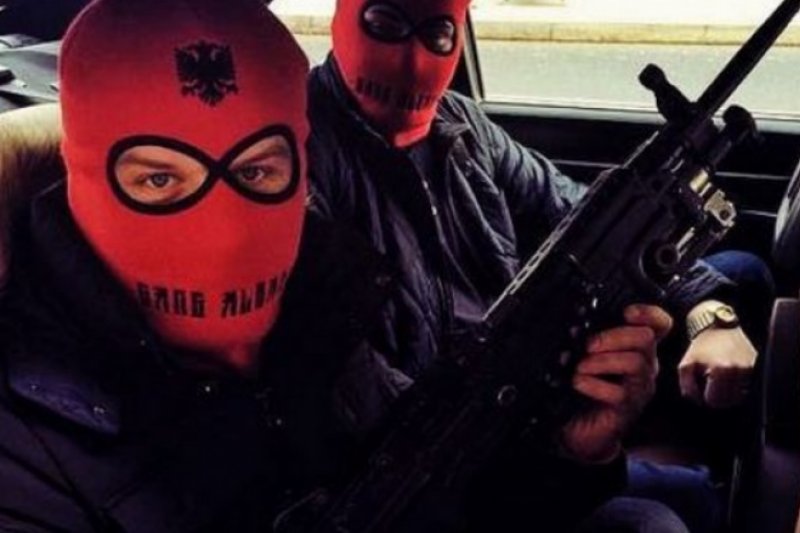Albanian Mafia Controls the State; 'Global Initiative Network' Report
The latest Global Initiative Network report on the crime and corruption index shows Albania's decline and the country's capture of organized crime. Albanian mafia groups control the criminal markets of drugs and human trafficking, it is these mafia groups that are receiving public tenders. They are positioned, the report says, as one of the most powerful criminal organizations in Europe. Unlike the Italian mafia they rarely identify themselves after a name or symbol. Members are loyal to only one manager.
Albanian mobsters cooperate with state officials and are able to influence the elections by making the votes go in one direction or the other. Mafia-style groups in Albania are suspected of creating smaller but looser criminal groups that keep them connected. These operational structures consist of 3 or 4 members.
According to the report, Albanian criminal groups have a pragmatic approach, using every opportunity for profit, they are very violent, but cooperate with corrupt people who are officials of the police and the judiciary, but also with the Sicilian and Turkish mafia.
Albanian mafia groups have links to Kosovars and Montenegrin criminal networks, operating in Belgium, the Netherlands and the United Kingdom. Due to socio-economic factors, the involvement of young people in criminal activities from day to day and even becoming part of the structures is worrying. Albanian criminal networks are widely involved in drug trafficking, especially cannabis distribution. Camouflaged under the guise of legitimate businesses, certain persons are responsible for specific tasks within the organization such as providing, transporting and distributing drugs. Actors involved in the state appear heavily in the criminal landscape of the country. It is reported that members of criminal groups have been appointed to political positions at various levels within the state apparatus. Criminal networks are deeply entrenched in local and regional level structures, cooperating with the police and having political protection, the report said.
Albania is a key transit country for heroin and cocaine trafficked from Latin America. Albanian criminal groups also play a central role in the heroin and cocaine markets in Europe. Mafia-style groups have formed associations with South American and Ndrangheta cartels, allowing them to import large quantities of high-quality, competitively priced cocaine.
State capture has reduced the state's ability to fight organized crime. Overall, Albania has a strong enough legal framework to address organized crime. However, the implementation of this legal framework often fails. The report also touches on several other topics, such as money laundering of crime in various sectors of the economy, as well as the return of Albania to a transit country for illegal immigrants seeking to go to European Union countries. But it seems that the illegal trade of birds, brown bears, wolves is flourishing. Many protected species and other wildlife are also traded online, the report said.













